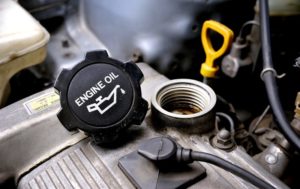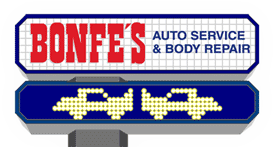
Before you pack your car and hit the road for your driving trip, we recommend conducting a pre-vehicle inspection to help avoid the inconvenience and potential safety hazards of breaking down miles away from home. A pre-trip vehicle check can determine how road-ready your vehicle is so you can take steps to have the problems fixed before your road trip. Keeping the vehicle safe and reliable is important for yourself, as well as your passengers that are also in your vehicle. It is also important to bring your vehicle in for regular scheduled maintenance inspections. This way we can inspect the parts and components for any issues that might be starting to form. It is always best to have the parts repaired before a larger issue can form.
Schedule a tune-up to help the engine deliver the best balance of power and fuel economy and produce the lowest level of emissions. Also make sure to check the brake system and make sure the battery connection is clean, tight and corrosion-free. If you notice that the vehicle is having issues starting, make sure to bring it in as soon as you can. The battery is important because if it does not work, then your vehicle will not be able to operate and drive to your destination.
Check filters and fluids, including engine oil, power steering and brake and transmission, as well as windshield washer solvent and antifreeze/coolant. Dirty air filters can waste gas and cause the engine to lose power. The oil is important because it will lubricate the parts of the engine. This will help prevent strain and friction from happening to the engine parts. Also make sure to check the hoses and belts that can become cracked, brittle, frayed, loose or show signs of excessive wear. These are critical to the proper functioning of the electrical system, air conditioning, power steering and the cooling system. Check that the gas cap is not damaged, loose or missing to prevent gas from spilling or evaporating.
Also remember to check the tires, including tire pressure and tread. Underinflated tires reduce a vehicle’s fuel economy and uneven wear indicates a need for wheel alignment. Tires should also be checked for bulges and bald spots. If you are not sure what the correct air pressure should be, make sure to bring the vehicle in. We can check all the tires for you, to help ensure they are in the best condition possible. Always remember to bring the vehicle in if you notice anything out of the norm. This way we can inspect and repair it as soon as possible for you.




Recent Comments